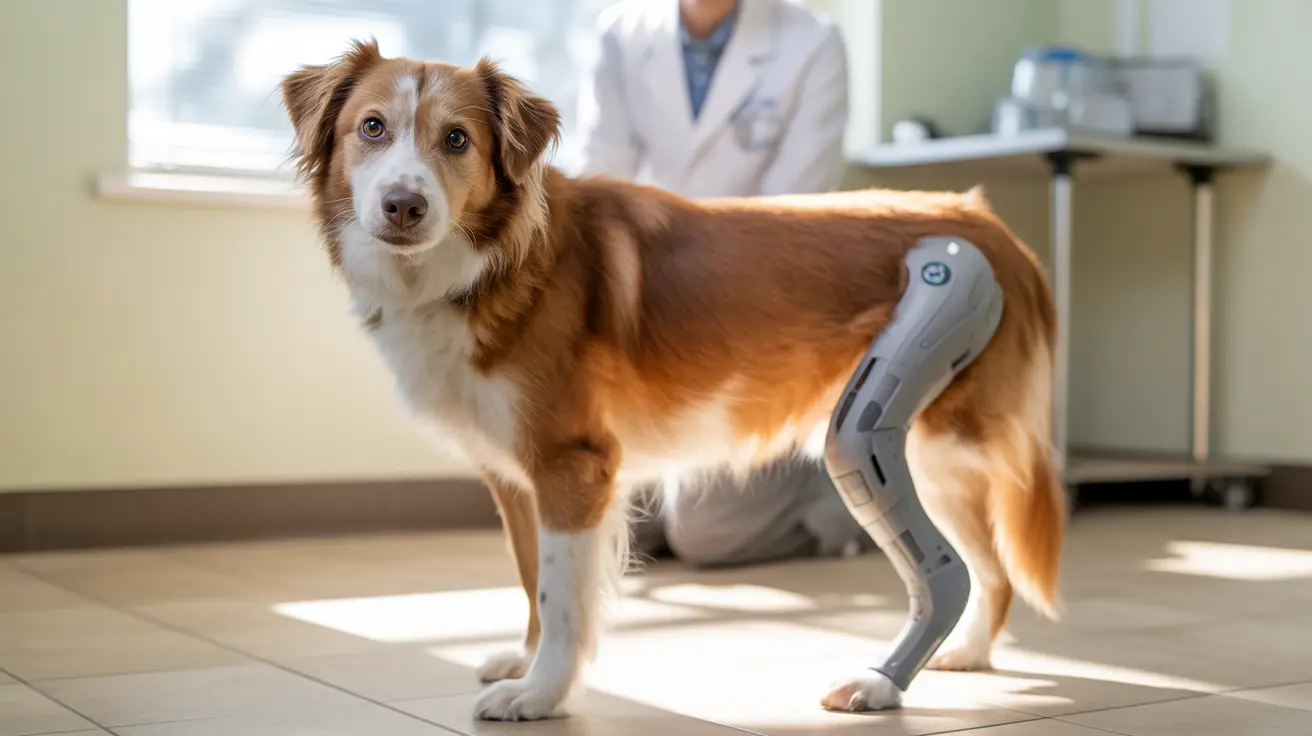Insecticide poisoning in cats is a serious medical emergency that requires immediate attention and proper treatment. Whether from accidental exposure to household pesticides or incorrect use of flea treatments, knowing how to recognize and respond to insecticide poisoning can save your cat's life.
In this comprehensive guide, we'll explore the essential steps for treating insecticide poisoning in cats, from identifying early warning signs to proper emergency response and veterinary care options.
Recognizing Signs of Insecticide Poisoning
Early detection is crucial for successful treatment. Common symptoms of insecticide poisoning include:
- Excessive drooling or salivation
- Vomiting and diarrhea
- Muscle tremors and twitching
- Difficulty walking or standing
- Rapid breathing
- Lethargy or weakness
More severe cases may present with:
- Seizures
- Severe respiratory distress
- Hyperthermia or hypothermia
- Mental confusion
- Collapse
Immediate Emergency Response
If you suspect your cat has been exposed to insecticides, take these immediate steps:
Remove from Exposure
Immediately remove your cat from the contaminated area. If the toxin is on their fur, wear gloves to prevent exposure to yourself.
Initial Decontamination
If the insecticide is on your cat's skin or fur, wash them with lukewarm water and mild dish soap. Do not use hot water, as this can increase absorption through the skin. Dry your cat thoroughly to prevent hypothermia.
Contact Emergency Services
Call your veterinarian or pet poison control immediately. Have the following information ready:
- Type of insecticide (keep the container if possible)
- Approximate amount of exposure
- Time since exposure
- Your cat's symptoms
- Your cat's weight and age
Professional Veterinary Treatment
Veterinary treatment typically involves:
Decontamination Procedures
Your veterinarian may perform additional decontamination, including:
- Induced vomiting (if appropriate)
- Activated charcoal administration
- Intravenous fluid therapy
- Blood tests to assess organ function
Specific Antidote Administration
Depending on the type of insecticide, specific antidotes may be administered:
- Atropine for organophosphate poisoning
- Pralidoxime for certain types of poisoning
- Anti-seizure medications if needed
Prevention Strategies
Prevent future incidents by following these guidelines:
- Use only cat-specific products
- Store all chemicals securely
- Read labels carefully
- Keep cats indoors during pest treatments
- Consult your vet before using any new products
Frequently Asked Questions
How do I recognize the symptoms of insecticide poisoning in cats?
Look for excessive drooling, vomiting, muscle tremors, difficulty walking, rapid breathing, and seizures. Any sudden onset of these symptoms, especially after potential exposure to insecticides, requires immediate veterinary attention.
What should I do immediately if I suspect my cat has ingested insecticides?
First, remove your cat from the source of exposure. Do not induce vomiting unless instructed by a veterinarian. Contact emergency veterinary services immediately and keep the insecticide container for reference.
How can I safely treat insecticide poisoning in cats at home before visiting a vet?
If the poison is on the fur, carefully wash your cat with lukewarm water and mild dish soap. However, home treatment should only be a temporary measure while arranging immediate veterinary care. Never attempt to treat severe poisoning at home.
Why are cats more sensitive to certain insecticides like pyrethrins and pyrethroids?
Cats lack certain liver enzymes necessary to break down these chemicals effectively. This metabolic difference makes them particularly vulnerable to toxic effects, even from small amounts of exposure.
What is the best way to prevent insecticide poisoning in cats, especially with flea control products?
Always use products specifically labeled for cats, never use dog flea treatments on cats, and carefully follow dosing instructions. Store all insecticides securely and consult your veterinarian before using any new flea control products.
Remember, while understanding how to treat insecticide poisoning is important, prevention is always the best approach. Keep your home environment safe for your feline companions and always consult with veterinary professionals for proper product recommendations.






